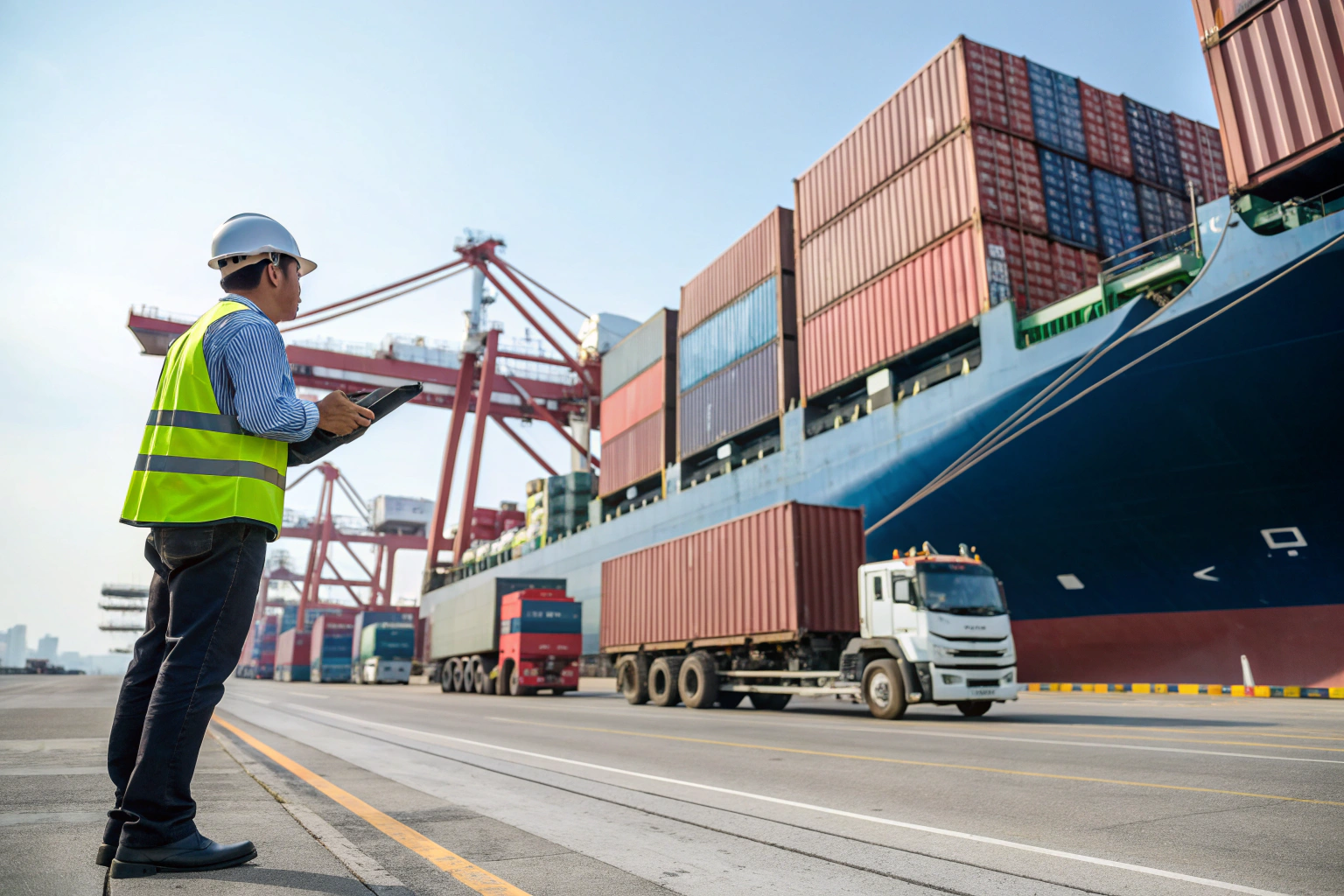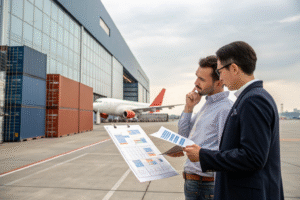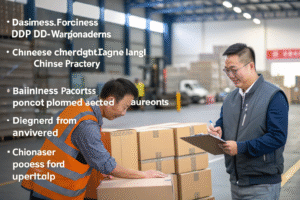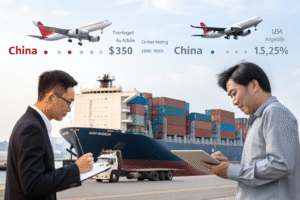When I speak with clients about their shipping challenges, the most common complaint is delays in getting goods from factories in China to warehouses in the U.S. or Europe. These delays are often caused by poor planning, unpredictable sailing schedules, and a lack of coordination between suppliers and carriers.
Freight forwarders can indeed optimize import timelines by coordinating all the moving parts of international shipping—from factory pickup to customs clearance to final delivery. We act as the bridge between importers and carriers, using our network, experience, and negotiation power to reduce wasted time and improve predictability.
If importers want to reduce risks and improve shipping efficiency, working with an experienced freight forwarder is one of the best decisions they can make. In the following sections, I will explain the key ways freight forwarders help importers save time and money.
Why Do Import Timelines Get Delayed?
Delays in international shipping are not random—they usually follow common patterns.
The main causes include port congestion, incomplete documentation, customs delays, and miscommunication between suppliers and carriers. These issues often add days or even weeks to planned schedules.
Importers who only look at the carrier’s sailing schedule may not realize how many steps happen before and after the ocean journey. If your supplier delays handing over the cargo, or if your documents are missing information, the whole process slows down.
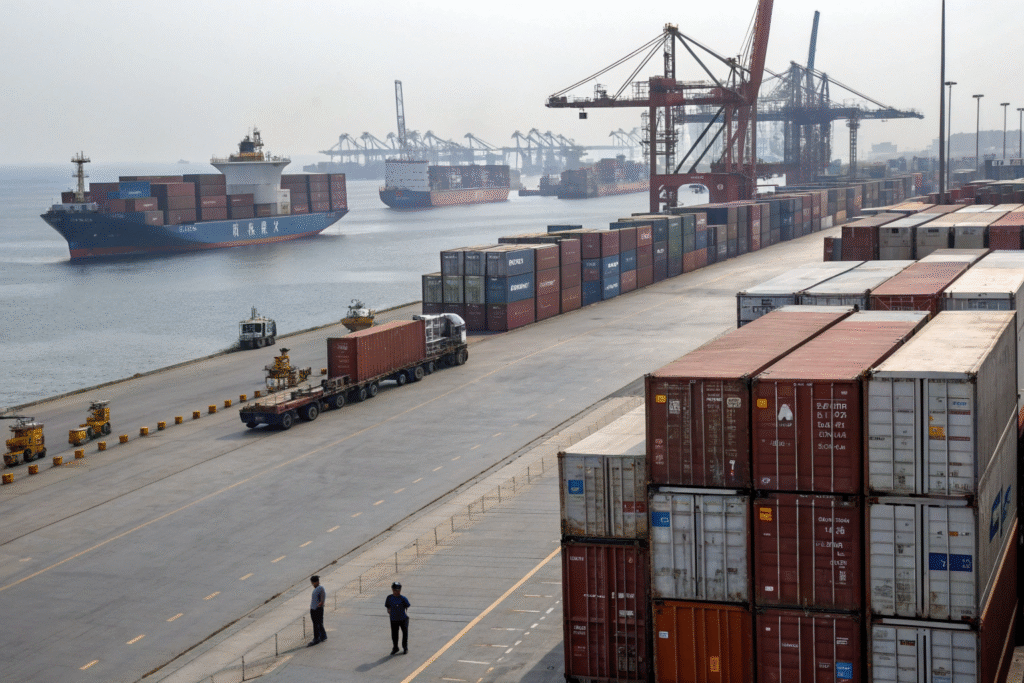
How Does Poor Documentation Cause Delays?
Incorrect or incomplete paperwork is one of the leading causes of customs delays. According to U.S. Customs and Border Protection, missing invoices, packing lists, or compliance certificates can result in containers being held for inspection. A freight forwarder reviews all documents in advance to make sure they meet the requirements, saving valuable time.
Why Does Port Congestion Affect Importers So Often?
Ports are natural choke points. When there is too much incoming cargo, ships may wait days before unloading. According to Port Technology, congestion at Los Angeles and Long Beach during peak seasons added more than two weeks of delays. Forwarders help importers by choosing less congested ports or rerouting shipments when necessary.
How Do Freight Forwarders Streamline Customs Clearance?
One of the biggest time-wasters in shipping is customs clearance. A single missing document can cause days of delays.
Freight forwarders streamline customs by preparing accurate paperwork, pre-clearing shipments, and communicating with customs officials. This reduces clearance time and ensures goods move quickly through checkpoints.
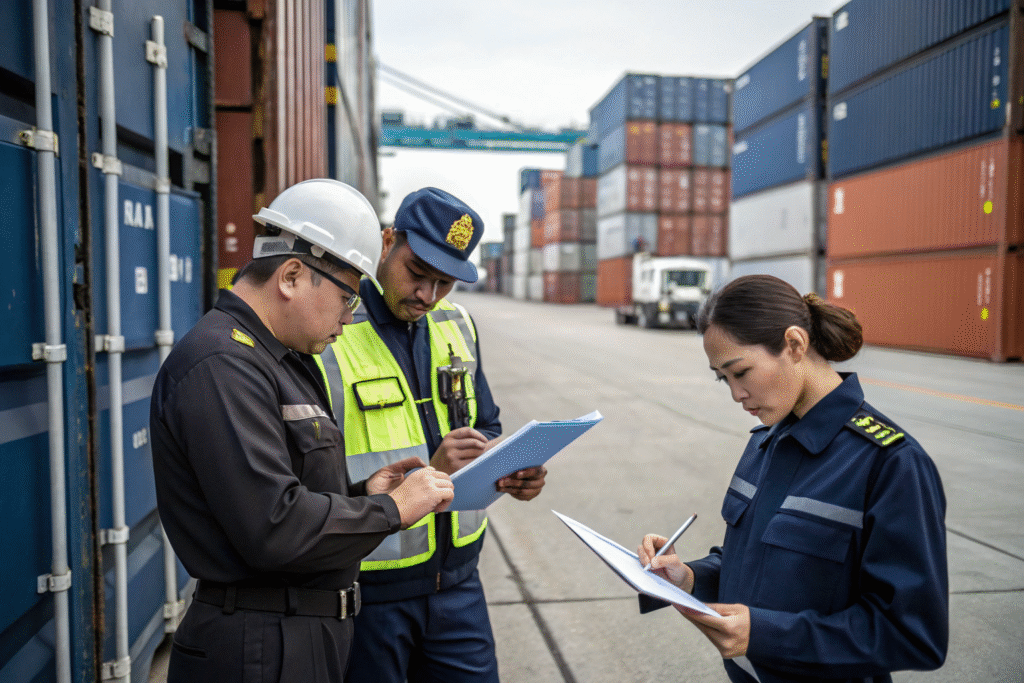
What Role Does Pre-Clearing Play in Faster Imports?
Pre-clearing means submitting customs documents before the cargo even arrives at the port. According to Trade.gov, pre-clearance programs help reduce bottlenecks and speed up release times. Freight forwarders often have electronic systems that connect directly with customs, making the process faster and more transparent.
Can Freight Forwarders Handle Tariff and Duty Management?
Yes. Experienced forwarders calculate duties and tariffs in advance, helping importers avoid unexpected costs. According to International Trade Administration, understanding duty rates and tariff codes is essential for compliance. Forwarders ensure goods are classified correctly, which not only prevents fines but also speeds up clearance.
Do Freight Forwarders Improve Route and Carrier Selection?
Choosing the wrong route or carrier often results in unnecessary delays.
Freight forwarders improve import timelines by selecting carriers with reliable schedules and by comparing routes that balance cost and speed. Their market knowledge allows importers to avoid common pitfalls.
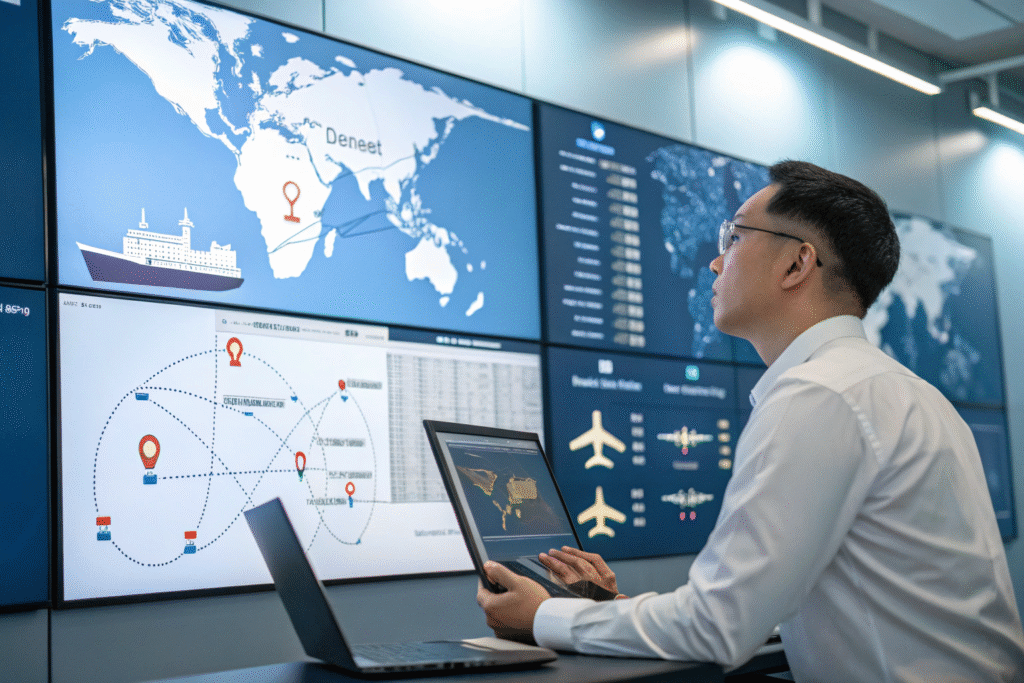
Should Importers Always Choose Direct Routes?
Not always. Direct routes may be faster but more expensive. Sometimes, transshipment routes offer better availability and cost savings while still meeting deadlines. According to Maersk, balancing cost and reliability is key for long-term shipping success.
How Do Forwarders Negotiate Better Schedules With Carriers?
Forwarders move large volumes of cargo, so they often get priority space on vessels. According to Journal of Commerce, forwarders’ relationships with carriers allow them to secure bookings during peak seasons when space is tight. This ensures importers face fewer delays in shipping schedules.
What Technology Tools Do Forwarders Use for Faster Imports?
Modern freight forwarding is no longer just about paperwork and calls. Technology has transformed the way imports are managed.
Forwarders use shipment tracking tools, digital booking platforms, and real-time analytics to keep importers updated. These tools cut down on uncertainty and help businesses plan better.
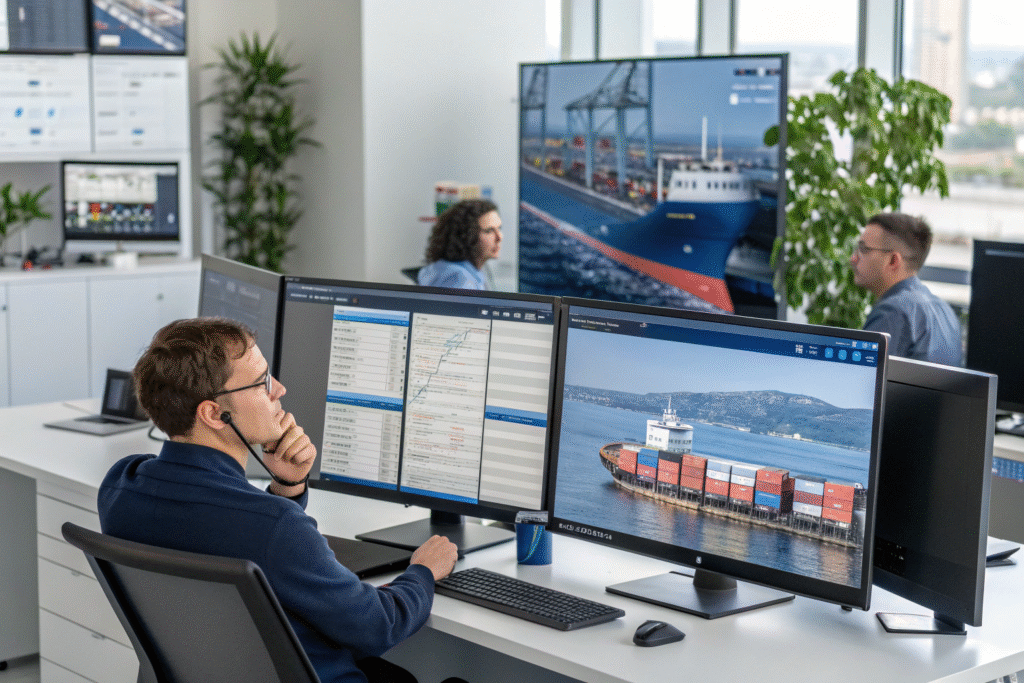
How Does Real-Time Tracking Help Importers?
Real-time vessel tracking lets importers monitor their cargo across oceans. According to MarineTraffic, digital tracking allows shippers to predict delays and adjust distribution plans. It also helps companies keep their customers informed.
Do Digital Platforms Speed Up Bookings and Scheduling?
Yes. Platforms like Freightos offer instant rate comparisons, schedule visibility, and online booking. This reduces the time importers spend on manual negotiations and ensures they secure shipping space faster.
Conclusion
Freight forwarders are more than middlemen. They are planners, problem-solvers, and connectors in the global supply chain. By handling documentation, customs clearance, route optimization, and technology integration, they save importers significant time and stress.
The import timeline is full of risks, but forwarders minimize those risks and provide smoother logistics. For importers who want to compete in fast-moving markets, partnering with a reliable freight forwarder is the smartest strategy.
